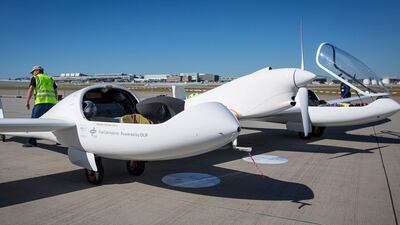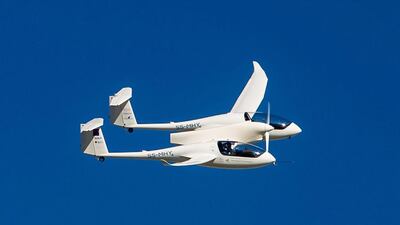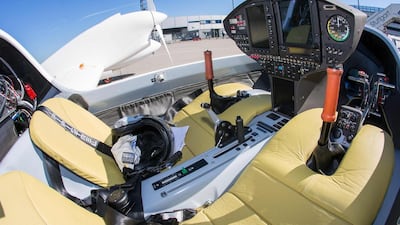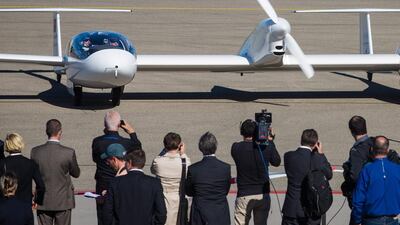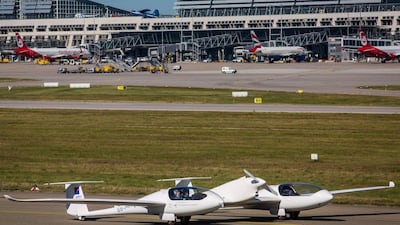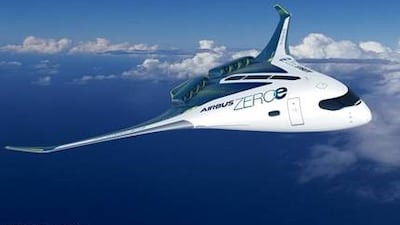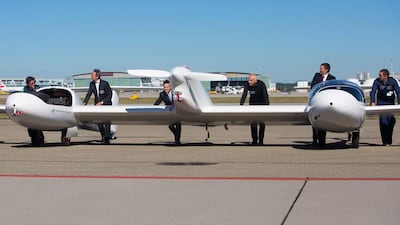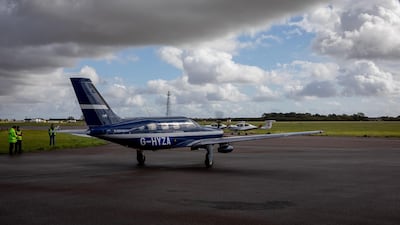British Airways is teaming up with start-up ZeroAvia to explore the possibilities of using hydrogen to power commercial jets as it works to meet its parent company's target to be carbon neutral by 2050.
The partnership will see the legacy carrier collaborate with the hydrogen aircraft start-up to explore more sustainable options to fuel British Airways' future fleet, it said in a statement on Saturday.
"In the medium to longer term we’re investing in the development of sustainable aviation fuel and looking at how we can help accelerate the growth of new technologies such as zero emissions hydrogen-powered aircraft," Sean Doyle, chief executive of British Airways, said.
The aviation industry is under high pressure from climate change activists to be more environment friendly but the global airlines' main lobby group says aviation only represents 2 per cent of global CO2 emissions. The International Air Transport Association pledged to cut net emissions by 2050 and achieve carbon-neutral growth from 2020.
The project is part of British Airways parent IAG’s Hangar 51 technology accelerator programme, which gives start-ups from around the world the opportunity to test their products on a global scale.
ZeroAvia, which is based in London and California, has already completed a hydrogen fuel cell-powered flight by a six-seater plane in September. The company is aiming to demonstrate its technology at longer ranges and larger aircraft next year.
By 2023, it aims to fly more than 1,000-miles in aircraft with more than 100 seats.
"We have found that in addition to improving the sustainability of flight, which is vital, hydrogen-electric technology has the potential to lower operating costs and improve the in-flight passenger experience," Sergey Kiselev, ZeroAvia’s ZeroAvia's head of Europe, said.
At the end of the programme, research and learnings from the project will be shared and the ZeroAvia and Hangar 51 teams will consider how the partnership will progress over the long term, according to the statement.
Hydrogen is rapidly emerging as a potential solution to tackle aviation's carbon emissions.
Toulouse-based aircraft-manufacturing giant Airbus earlier revealed plans to build a hydrogen-powered aircraft as it seeks to bring the world's first emissions-free passenger plane into service by 2035.
However, challenges to such projects include infrastructure at airports, increased funding for research and development, and incentives for airlines to retire older, less environmentally-friendly aircraft earlier than scheduled.


